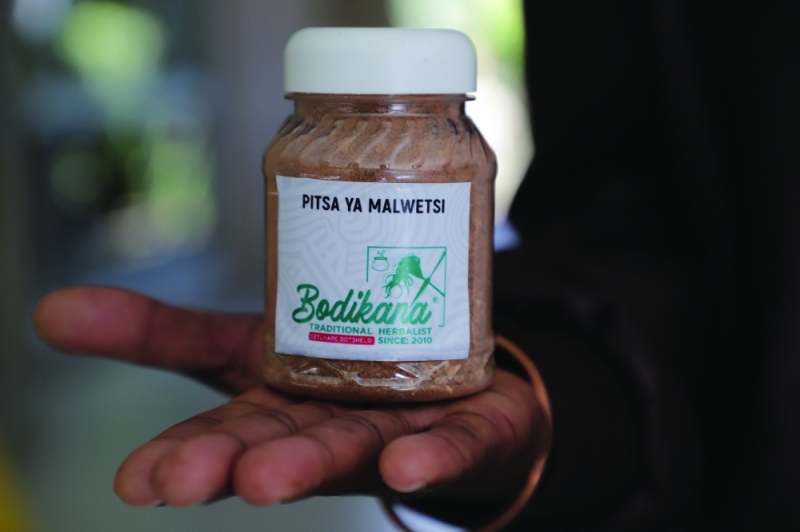CIPA moves to protect traditional medicine IP
Pauline Dikuelo | Tuesday July 30, 2024 10:01


Through the IP and traditional medicine project, CIPA has identified 25 local traditional doctors who will be assisted in commercialising their products while maintaining control over their intellectual property.
The groundbreaking project aims to produce the first commercial projects by November, which will mark a significant milestone in the journey towards recognising and valuing the contributions of traditional healers.
CIPA of Industrial Property registrar, Timothy Moalosi said the project, which was done in collaboration with the World Intellectual Property Organisation (WIPO), seeks to help traditional healers reach a broader market thus contributing to the local economy.
“WIPO has done a study that has revealed that traditional medicine is used and some people prefer it. “Through the project, we will be training and mentoring these healers on how to brand, market, and commercialise their products. “They will also be supported to register traditional knowledge trademarks and other collective rights,” he said at a workshop on Wednesday.
He added: “Through this project, we want to teach traditional doctors to understand IP then we will scrutinise their products and take the ready ones to the market or test the ones that need to be tested.”
WIPO Regional and National Development Sector Projects team director, Beatriz Amorim-Borher, said there is a growing recognition of the importance of traditional medicine in healthcare across Africa. She said the Botswana project is timely as WIPO member states agreed last May on a new Treaty on IP, Genetic Resources and Associated Traditional Knowledge.
“We are pleased to be implementing this project to enhance IP awareness for branding, marketing and commercialising of traditional medicine products which will add value to products and open opportunities for greater market growth,” she said.
According to Amorim-Borher, about 39 countries in Africa have established regulatory frameworks for traditional medicine practitioners, while 34 research institutions in 26 African countries are undertaking research and development in traditional medicine.
For his part, Minister of Trade and Industry, Mmusi Kgafela, said the project is timely and relevant in addressing gaps in the traditional medicine industry. He described the project as a significant development in Botswana.
Kgafela said the initiative protects intellectual property and also fosters a greater appreciation for the cultural heritage of Botswana.
“By combining modern IP practices with ancient knowledge, Botswana is paving the way for a future where traditional medicine is respected and integrated into the global healthcare system,” he said.
